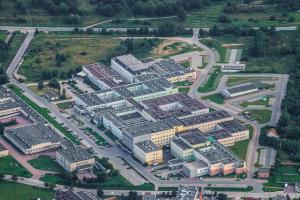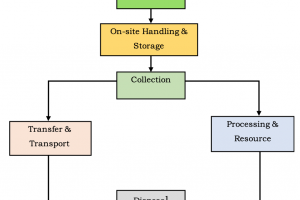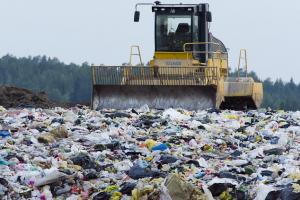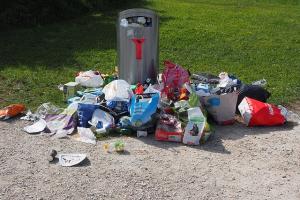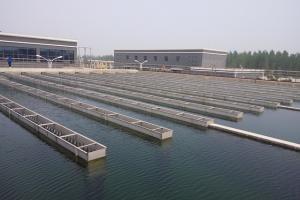Importance of Solid Waste Collection

The collection efficiency of Municipal Solid Waste varies by national income and by region. In developing countries like Pakistan, the collection services make up the bulk of a municipality’s SWM budget (as high as 80 to 90% in many cases leaving less for other components of the SWM services), yet collection rates tend to be low (40-65% in South Asian countries), leading to lower collection frequency and efficiency.
High Public Visibility
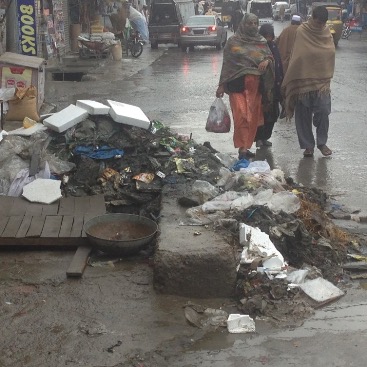
Street sweeping, waste collection and transport are the most publicly visible aspect of a Municipal Solid Waste Management service. Most incidences of public/community complaints about waste management arise as a result of deficiencies in collection and associated services. In the developing world, waste collection and street cleaning, therefore, receives high political priority. The realization of improvements can go a long way to improving the image of the municipality, and the public health and environmental conditions for residents.
High Cost Allocation
Apart from being most visible and receiving high political priority, the waste collection in developing world often consumes a large portion of the total operational budget of a municipality in a year. The high public visibility and high costs of waste collection and associated services means that it is an important area for the municipality to improve its performance.
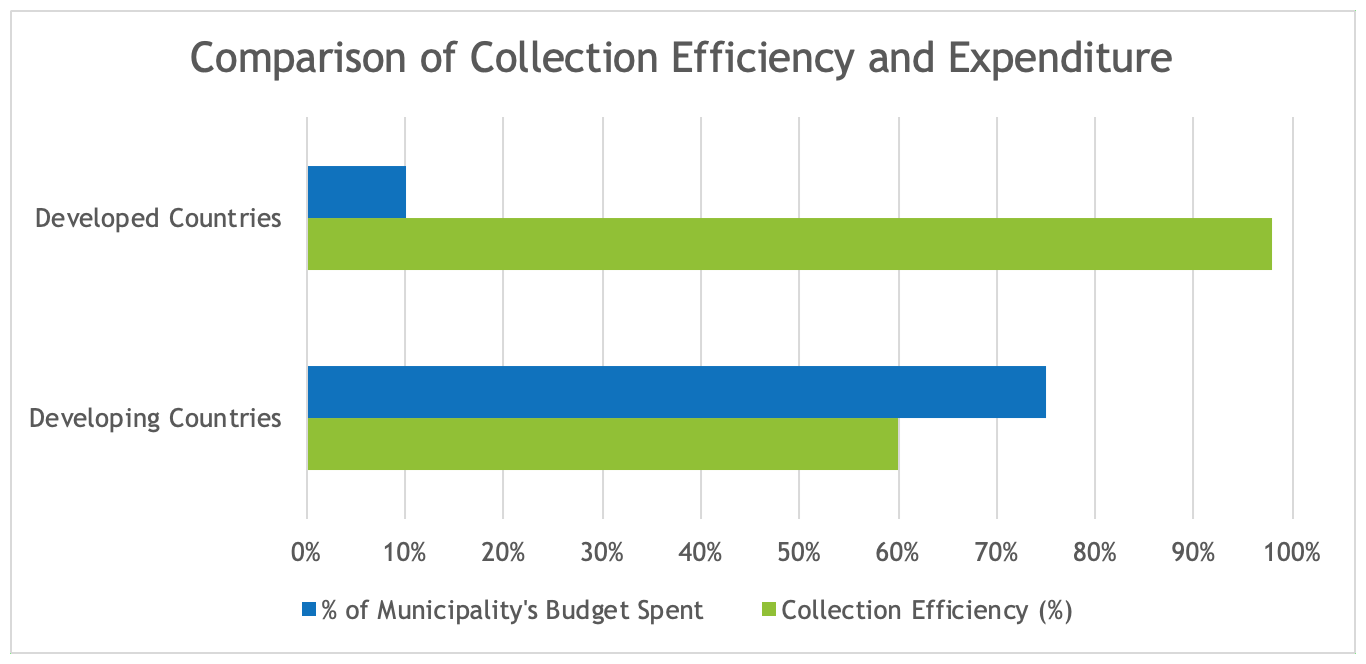
Community Involvement
For a strategic planning initiative for street sweeping, waste collection and transport to be successful, it needs to be based on a strong foundation of operational planning and immediate action. Immediate improvements must be made, because the public want to see improvements in a short period of time if they are to develop a strong interest and commitment.
Health and Safety Issues
Ensuring public health and safety is the prime reason for the existence of municipal solid waste management services. Health and safety considerations that are particularly relevant to street cleaning, collection and transfer are highlighted below:
- Climatic conditions such as tropical heat and humidity often dictate that waste is collected several times per week, and daily in many places.
- Manual methods of collection often result in both formal waste workers and informal waste pickers coming in direct contact with wastes that sometimes contain fecal matter (human and animal) and infected medical wastes.
- In low-income countries, waste is often thrown out (uncontained) onto the street before collection. This leads to greater exposure to insects and vermin, scavenging by animals, and increased public health risks.
- Uncollected waste can block drains and create stagnant water, with consequent risks of mosquitoes breeding.
- Municipalities typically have very limited financial resources available for hiring of additional staff or purchasing extra vehicles.
Public awareness of health implications of waste management is often limited, or at an early stage of development. Keeping in mind the above, however, communities often show considerable willingness to participate in cleaning up their areas, and improving their overall health and safety conditions. People do not want to live in an unclean environment, people like to take the initiatives that will benefit them directly.
Credits: GIZ - DEUTSCHE GESELLSCHAFT FÜR INTERNATIONALE ZUSAMMENARBEIT 



